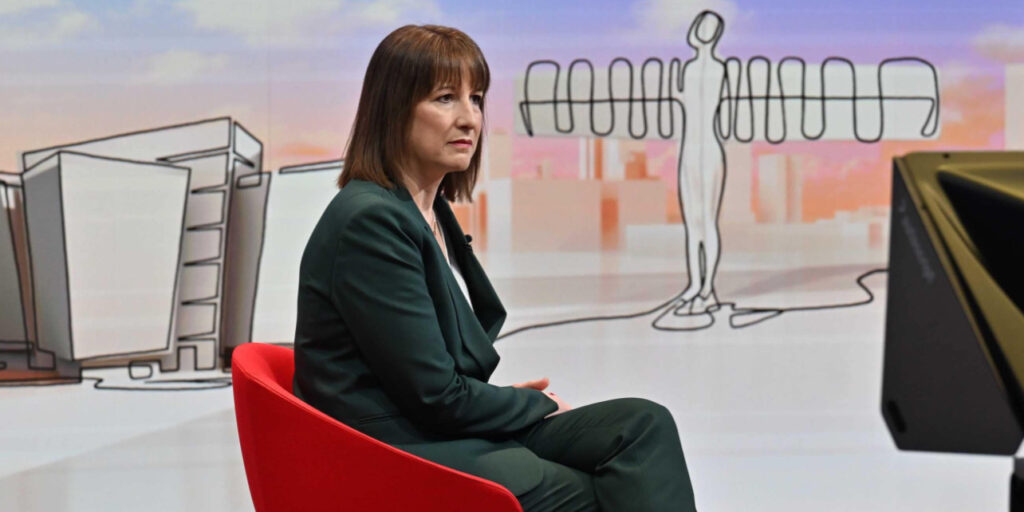Unions have issued stark warnings that up to 50,000 jobs could be at risk and essential services may suffer following Rachel Reeves‘ announcement of a 15% reduction in Civil Service operational costs.
The Chancellor emphasised the need to streamline the Civil Service, which she noted had expanded significantly during the Covid-19 pandemic, by targeting cuts primarily at administrative and bureaucratic functions by the end of this parliamentary term.
The leader of the largest civil service union expressed concerns that these cuts would affect frontline services, which have already been strained by years of underfunding under previous Conservative administrations.
Fran Heathcote, General Secretary of the Public and Commercial Services union, highlighted the broader implications of these reductions, stating, “The impact of making cuts will not only disadvantage our members but also the public we serve and the services they rely on.”
“We’ve seen similar strategies under Gordon Brown’s leadership, which resulted in operational chaos when cuts to backroom staff were implemented.”
In an interview with Sky News, the Chancellor expressed confidence that the Civil Service could effectively reduce its workforce by 10,000 positions.
However, Dave Penman, General Secretary of the FDA, projected a much grimmer picture on ITV, estimating that the cuts could lead to the dismissal of approximately 50,000 staff, nearly 10% of the entire Civil Service payroll over the next three to four years.
Mike Clancy, General Secretary of Prospect, called for a “realistic assessment” of the capabilities the Civil Service would need to forego as a result of these budget cuts.
He stressed the importance of both back office and frontline civil servants in fulfilling government objectives, urging the government to acknowledge the essential roles these employees play.
These proposed cuts come amidst internal party disagreements and public backlash against Labour’s recent decisions to reduce welfare spending and cut the aid budget to increase defence funding.
Ahead of her spring statement, Reeves faced criticism from the left wing of her party, with concerns that Labour might be adopting austerity measures.
In response, she defended her fiscal strategy to the BBC’s Laura Kuenssberg, highlighting her previous investment of £100 billion in capital spending and over £20 billion in the National Health Service, asserting these figures starkly contrast with the fiscal policies of the last 14 Conservative years.


